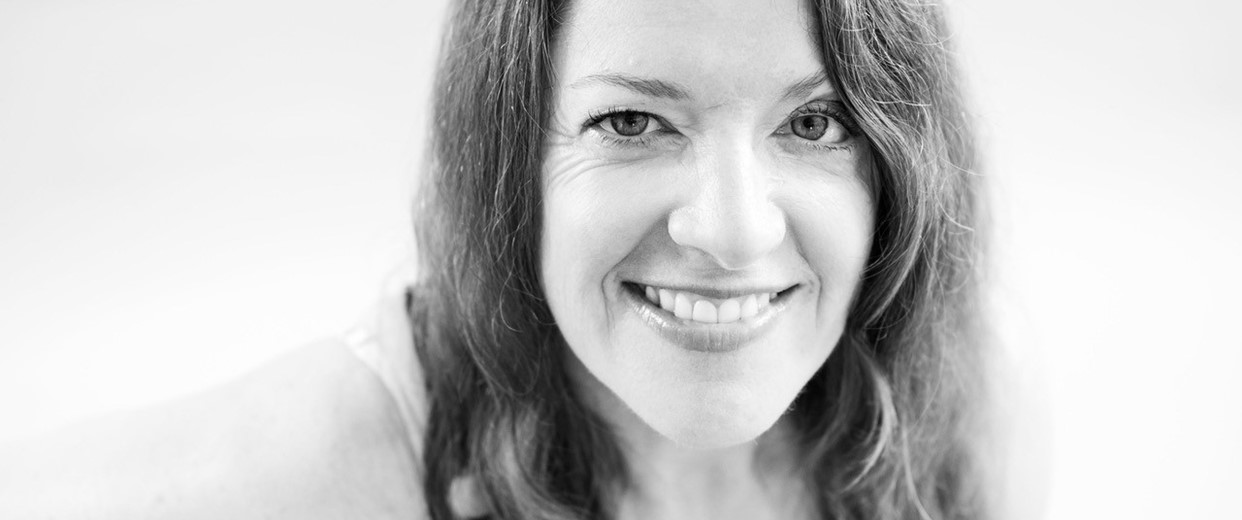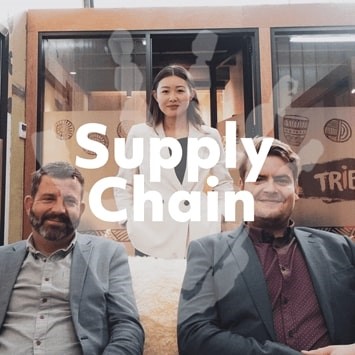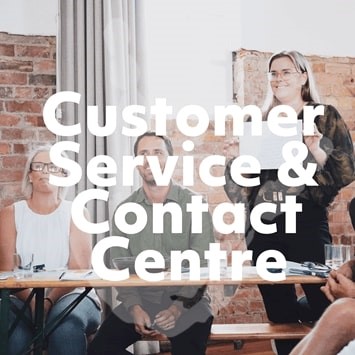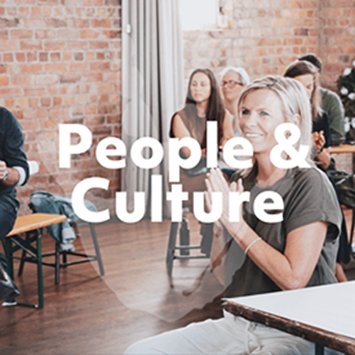Suzanne Cowan talks to Tribe about what it's like to look for a job when you have an accessibility need.
Introduce yourself, tell us a bit about you, and your accessibility need
My name is Suzanne Cowan and I’ve used a wheelchair for 29 years. I have been a contemporary dancer and recently completed a PHD in dance studies. I also enjoy other sports like swimming and sailing.
Tell us about your career history, including your current role
I have focused on contemporary dance for the last 20 years. I have worked as a choreographer, a professional dancer, as a teacher, and a scholar.
I’m interested in applying my skills to other areas to broaden my experience and opportunities. For example, next week I am going to do a training in mediation skills so I can take that into different industries as a mediator. That’s just one thing that I am trialing as an avenue
What challenges have you faced when looking for a job?
I have had a lot of opportunities over the years, but it’s been difficult to find a full-time role. Often, I’m faced with a glass ceiling when it comes to finding work. I think what gets in the way is often people’s attitudes. There’s a term in disability culture known as the soft bigotry of low expectations, so often people don’t see me as taking roles of authority or being a decision maker. Sometimes there are also difficulties with physical access to buildings. So, it’s attitudinal and environmental, that’s two of the difficulties. I’ve often come really close to getting a job and being shortlisted, but not getting the job. I’ve had quite positive feedback about the jobs I have applied for.
What misconceptions and bias do you think exist against people with accessibility needs?
I think sometimes people don’t see you as fitting into a particular role, because they haven’t known many people that use wheelchairs. They just can’t imagine you in that role. I don’t fit their stereotype. Sometimes there are practical components that they haven’t worked through. There may be a solution, but they wouldn’t necessarily know how to find that solution. I think it’s a combination of things.
When do you think you should disclose that you have access needs in a job search?
I think it’s better to be transparent about it. I mean it probably depends on the job. For example, if it was something online it wouldn’t necessarily matter. Mostly, I think it’s better to be transparent, especially when it comes to access.
There may be some instances where it might be an advantage, especially now that there is a lot more emphasis on diversity and how that enhances the workplace. When you think of diversity, I kind of tick that box.
Do you think people’s opinions have shifted over recent years towards diversity and in turn accessibility?
There’s definitely been a shift. You see it particularly in terms of gender identity, there has been a bigger acceptance of gender fluidity. Disability is just a bit slower in terms of awareness. But yes, there has been a shift. I think it also depends on what kind of industry and company. I have a friend that works in corporate environment, and in a big business accessibility doesn’t seem to be a big problem.
What are the benefits of hiring people with access needs?
People with access needs bring a different perspective to a business or service. They are more likely to be able to relate to a whole section of society who have access needs or identify as a minority that are not often well served. That could be a real advantage.
Also, people with disabilities are often very good at problem solving and being lateral thinkers. They are often quite emotionally resilient. They often have good communication skills and have a lot of empathy for other people.
We can be pioneers in different fields, like I have been a pioneer in disability dance. Often, we are quite forward thinking and can be quite entrepreneurial. There is a lot of research to show that most businesses are more effective the more diverse there are. So, diversity enriches a business.
What can businesses do to make the hiring process / onboarding process / work in general more accessible?
I mean I think it’s really helpful to have training around people with access needs. That is where the Accessibility Tick program can come in. If people are more familiar of how to best serve a diverse workforce – that can be beyond physical needs, that can be mental health needs too - they are more willing to employ people with access needs. Often people with disabilities can be put in the “too hard basket”, but if people can have training then something really exciting can happen.
I think its really important to have people with access needs at all levels of the organisation. So, they are also involved at management and board level, instead of just the lower echelons of the business. So, then the people making the policies actually have the lived experience of disability.






